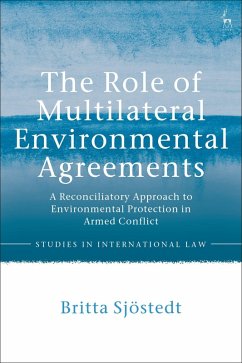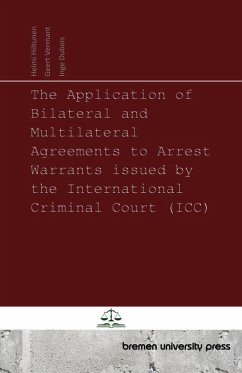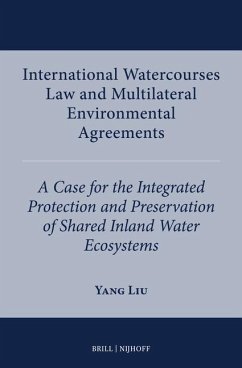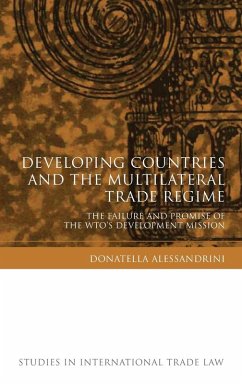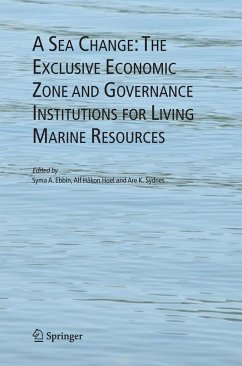
MULTILATERAL ENVIRONMENTAL AGREEMENTS-The Trade Off in Jamaica
A case study on the implementation of the Basel Convention
Versandkostenfrei!
Versandfertig in 6-10 Tagen
36,99 €
inkl. MwSt.

PAYBACK Punkte
18 °P sammeln!
The sustainability of the environmentally sound management of hazardous wastes is dependent on the commitment and efforts of all players. The international community has recognized the importance of human and environmental protection as the world continues to make significant advances in technology and development, yet still the question lingers as to whether there could be a balance between trade and the environment. In attempting to strike such a balance, it is critical that the necessary legislative and institutional frameworks are established and more so, are functional. The case study exa...
The sustainability of the environmentally sound management of hazardous wastes is dependent on the commitment and efforts of all players. The international community has recognized the importance of human and environmental protection as the world continues to make significant advances in technology and development, yet still the question lingers as to whether there could be a balance between trade and the environment. In attempting to strike such a balance, it is critical that the necessary legislative and institutional frameworks are established and more so, are functional. The case study examines the implementation of national environmental regulations to monitor and satisfy the obligations of the Basel Convention on the Control of Transboundary Movements of Hazardous Wastes and their Disposal in the Small Island Developing State of Jamaica. The research highlights the influence of the international community and how the country utilizes its existing infrastructure and programmes to impact the trade and management of specific categories of hazardous waste.



